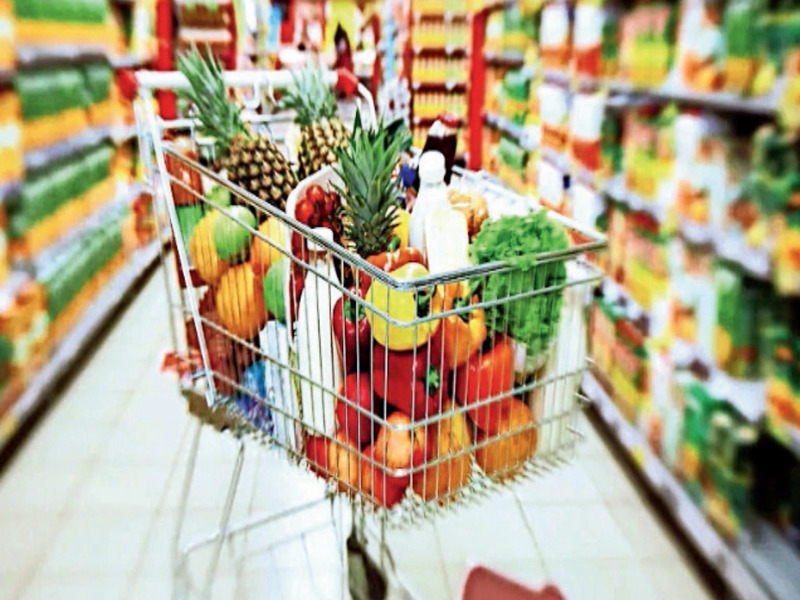Post-election inflation in the Telugu states has led to a surge in the cost of living, affecting essential commodities and services. Citizens are struggling to cope with rising prices, which have strained household budgets and increased financial uncertainty. The situation underscores the economic challenges facing the region post-election.
Following the recent Lok Sabha elections, residents of Telangana and Andhra Pradesh are struggling with a sudden and significant increase in the prices of daily necessities. This surge has sparked widespread concern, impacting households across both states.
Economic Policies After the Elections
New economic policies implemented by the central and state governments have been a major factor behind this price hike. Aimed at stabilizing the economy and reducing fiscal deficits, these policies have unintentionally led to inflation. For example, the central government’s decision to increase fuel prices has had a ripple effect, making goods and services more expensive.
Interestingly, at the national level and in Telangana, urban inflation is lower than rural inflation. For example, in April, India’s average urban inflation rate was 4.11%, while the rural inflation rate was 5.43%. Telangana’s figures stood at 6.11% and 5.27% respectively. Assam stood second only to Telangana at 5.79% in April, followed by Andhra Pradesh at 5.59%.
Agricultural Challenges
Agriculture, a key part of the economies in Telangana and Andhra Pradesh, has faced significant challenges. Changes in agricultural subsidies and policies have increased farmers’ production costs. Unseasonal rains and droughts have further strained agricultural output, reducing supply and driving up prices for essential items like vegetables and grains.
Example: Rising Rice Prices
Rice, a staple food in both states, has seen a noticeable price increase. In Telangana, the price of Sona Masuri rice has risen from ₹45 per kilogram to ₹60 per kilogram. This 33% hike significantly impacts household budgets, especially for middle and lower-income families who rely heavily on rice.
Impact of Fuel Prices
The increase in fuel prices after the elections has profoundly affected transportation costs. Higher diesel prices have raised the cost of transporting goods from rural areas to urban centers, leading to price hikes across the board. This issue is made worse by the extensive reliance on road transportation in both states.
Government Measures and Public Reaction
Both state governments have attempted to mitigate the impact through various measures. In Telangana, the government is procuring vegetables directly from farmers and selling them at subsidized rates in government-run outlets. Andhra Pradesh has implemented financial support schemes for farmers to offset increased production costs. However, these measures are often limited by bureaucratic delays and inadequate distribution networks.
Public sentiment in Telangana and Andhra Pradesh has been one of significant discontent. Protests and public demonstrations have erupted, especially over the rising prices of essential commodities like onions and tomatoes. In Andhra Pradesh, both farmers and consumers have voiced their frustrations, demanding immediate government intervention to stabilize prices.
The post-election price surge in Telangana and Andhra Pradesh is a complex issue driven by new economic policies, local agricultural challenges, and rising transportation and fuel costs. While both state governments are taking steps to address these challenges, the immediate impact on households is undeniable. As the region continues to develop, finding a balance between economic goals and the welfare of its citizens remains a critical priority.
For residents of Telangana and Andhra Pradesh, the coming months will be a test of resilience and adaptability as they navigate the financial pressures of rising daily expenses. #hydkhabar

